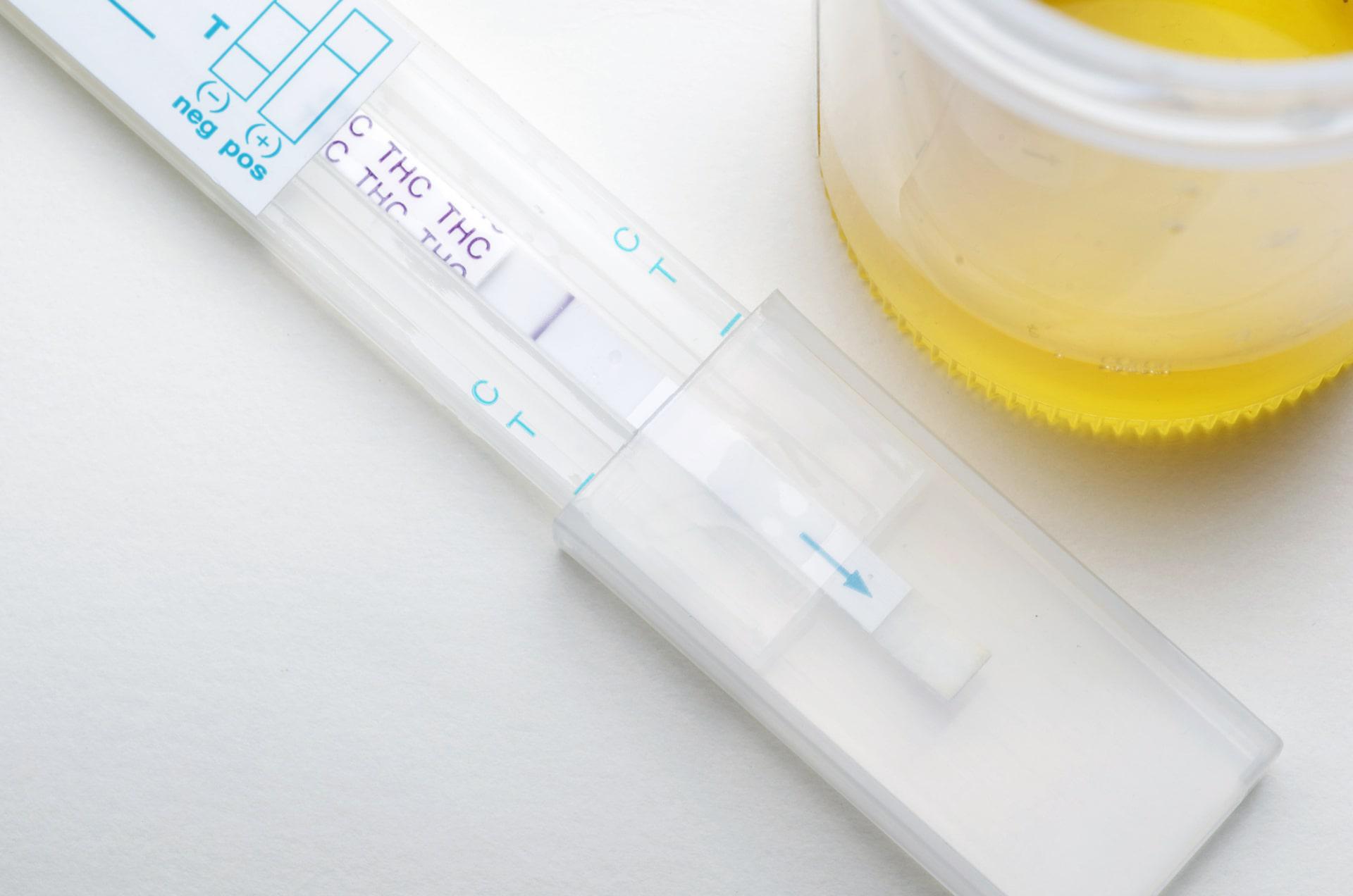Navigating the waters of drug testing can be a daunting task, especially when one’s future prospects hinge on the results. For those who seek an alternative path, synthetic urine kits emerge as a clandestine ally, offering a way to bypass the scrutiny of traditional testing methods. However, delving into the world of synthetic urine requires an understanding of its intricacies, legality, and efficacy. At its core, synthetic urine is a laboratory-crafted liquid designed to mimic the chemical composition and physical properties of real urine. Crafted with precision, these kits contain a blend of water, salts, urea, and other organic compounds to replicate the natural elements found in human urine. The goal is not just to pass a drug test but to do so convincingly, fooling even the most sophisticated testing procedures. The legality of synthetic urine kits varies widely depending on location. While some jurisdictions prohibit their sale and use, others have no explicit regulations in place. This legal ambiguity contributes to the allure of these kits for individuals seeking a discreet solution to their testing woes.

However, it is crucial to note that attempting to cheat a drug test can have legal consequences if discovered, underscoring the importance of careful consideration and risk assessment. Effectiveness is a paramount concern for anyone considering a synthetic urine kit. High-quality products are meticulously formulated to closely resemble real urine in terms of color, odor, pH levels, and specific gravity. They also come with heating elements to simulate body temperature, ensuring a convincing presentation during testing. Yet, try fake urine for lab test despite these advancements, success is not guaranteed. Factors such as handling, timing, and the scrutiny level of the testing facility can influence outcomes. The process of using a synthetic urine kit demands attention to detail and adherence to instructions. Proper preparation involves heating the synthetic urine to body temperature and ensuring its consistency matches that of natural urine.
Additionally, concealing the kit during testing requires strategic planning to avoid detection. Diligence at every step is essential to maximize the chances of a successful outcome. One of the key advantages of synthetic urine kits is their versatility. They can be used for various types of drug tests, including pre-employment screenings, probation checks, and athletic competitions. This adaptability underscores their appeal to individuals from diverse backgrounds seeking a reliable solution to navigate the complexities of drug testing protocols. Despite their utility, synthetic urine kits are not without their drawbacks. The risk of detection, potential legal ramifications, and ethical considerations weigh heavily on those contemplating their use. Moreover, as testing methods evolve, so too must the sophistication of synthetic urine formulations to remain effective. synthetic urine kits offer a clandestine pathway for individuals facing drug testing hurdles. Their meticulous design, legal considerations, and nuanced usage underscore the complexity of this alternative approach.
